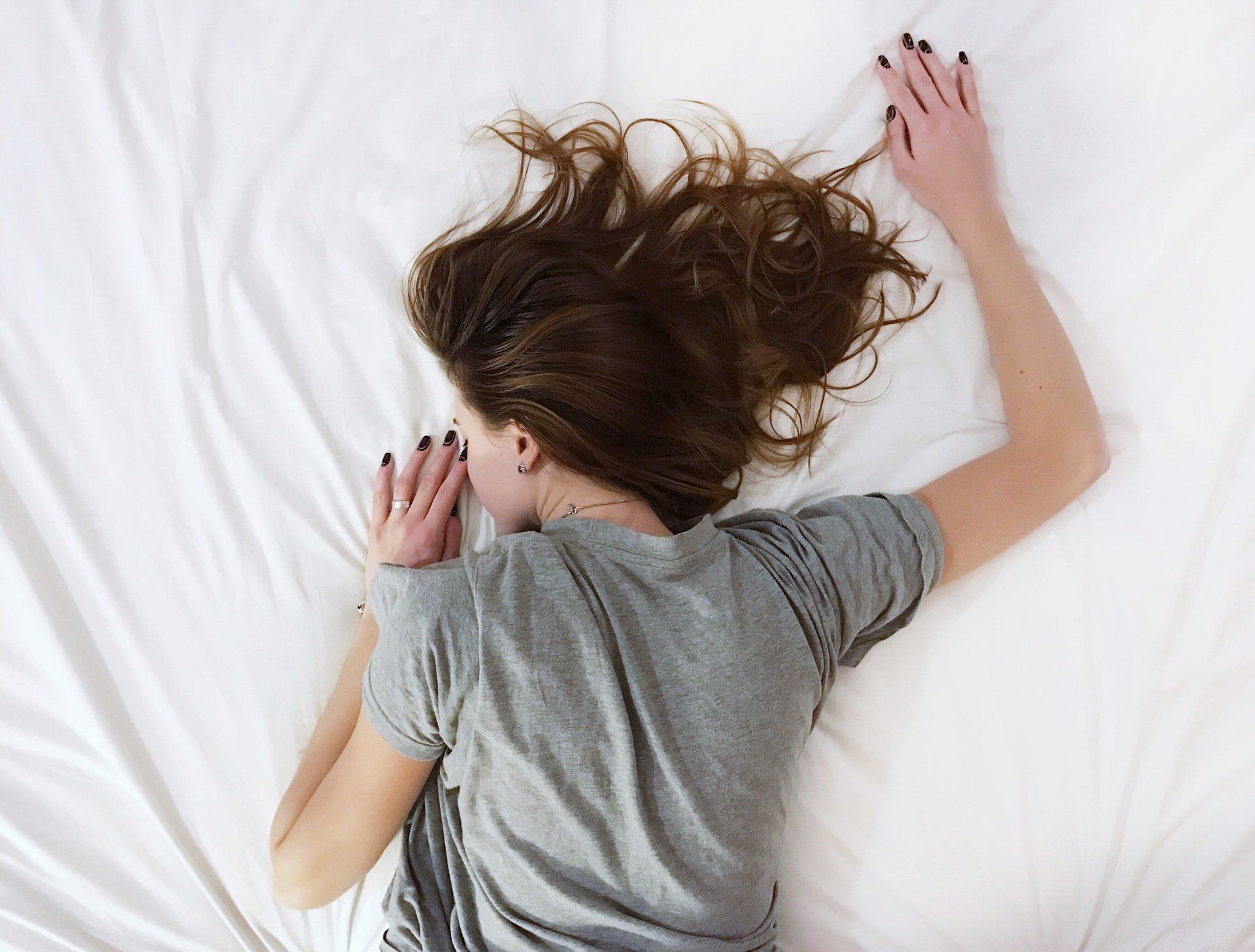Mini meditations to help you sleep better
Is mindfulness meditation really an answer to lack of sleep?

In all walks of life, I am hearing more and more people commenting on how they cannot sleep. Or how they wake in the middle of the night riddled with anxieties, that keep them up all hours.
Helping people sleep better has been an interest of mine since learning about the importance of our circadian rhythm over ten years ago, when I was part of the communications team for the Sleep Well Live Well campaign.
As a meditation teacher, people are coming to me more and more asking if mindfulness meditation can help with their sleeping problems.
The answer is yes – and no.
No – is you are looking for a panacea – a one-time “pill”/tool that you can use just once to cure your insomnia. While meditating, even just once will induce feelings of relaxation in your body as found over 40 years ago by Dr Herbert Benson , you would need to practice the techniques more than just once to learn mastery over your mind.
Like physical exercise, you can’t do 10 sit ups just once a year and expect to have the perfect physique. Meditation, like other forms of brain training and physical training takes time to master in order to reap the physical and mental benefits.
So YES – if applied regularly and build into part of your daily routine, mindfulness meditation can quickly make a difference to your night’s sleep. Harvard University research in 2015 showed the link between mindfulness meditation and improved sleep and further studies continue to enforce this.
One client, who I started working with to help her insomnia, was suffering from massive sleep deprivation, getting only three to five hours sleep every night. She was having both trouble getting to sleep, as well as the fact that when she finally fell asleep, she would only get a few hours before the anxieties plaguing her mind would wake her.
We looked at introducing a mindfulness meditation routine to her daily life to tap into the sleep benefits. We also looked at sleep hygiene factors and ways to integrate mindfulness into real-life. An important hygiene factor is screen time and in June 2017 a new study showed just how damaging the link between our phones and sleep can really b e.
So to get you in a better space of mind for improving your sleep, I invite you to try some of these tips and techniques:
1. When you wake in the middle of the night, try a body scan meditation .
Consciously take time to notice your body from toe to head, one part of your body at a time. Just observing the temperature, comfort – or lack or it. How do you feel about each part of you? You can also invite a sense of relaxation and calm into each part of your body – one at a time, after pausing to simply observe and notice how you are feeling. You can sit up in bed to keep yourself awake and explore this, or stay lying down, so you can encourage your body to dose off.
2. Before you go to bed, take a few moments for a gratitude meditation.
Spend some time saying thank you for at least three good things about the day., Even in the darkest days there will have been some moments to be thankful for – or that have raised a smile. It may be the fact that someone brought you a cup of tea or said hello with a big smile to you in the shop. It may be a beautiful sunrise or sunset. It may be a lovely smelling shower gel that picked you up and refreshed you when you washed today. It may be the fact that you are alive and breathing and able to read this article….You can also spend some time writing your master ‘happy list’ of things that make you happy and that you are grateful for – that you can review every night before bedtime to find a smile in the face of worry.
3. Mindfully prepare your bedroom for sleep.
Is your room surrounded by clutter, filled with electronics, stuffed with dirty clothes? Move the dirty laundry – to another room/laundry basket if possible, Move the clutter – even if you sweep it into a box to sort through tomorrow, and see how your sleep can improve.
4. Turn off the TV, tablet, laptop, phone ideally TWO hours before you go to bed – as the blue light can have an impact on your melatonin levels and your body’s natural circadian rhythm ( see 2014 research ).
5. You may like to listen to guided meditation to help you drift off such as offered by Australian Meditation expert Jason Stephenso n or one of the meditations from the Chopra Centre.
Love to hear how you find these tips and ideas.
Have a great day and a good night!
For more support on exploring mindfulness meditation to help improve your sleep – join our next retreats or find out about one to one support, classes, workshops and courses near you.









